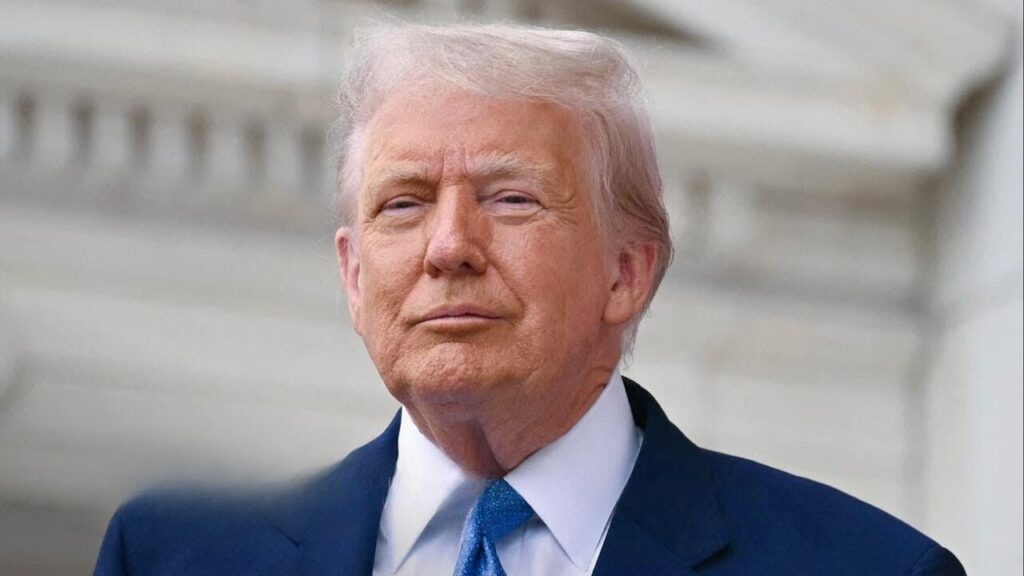Trump Issues Sweeping Travel Ban on 12 Countries, Imposes Restrictions on 7 More

President Donald Trump has enacted a significant expansion of U.S. immigration restrictions, signing a presidential proclamation on June 4 that imposes a full travel ban on nationals from 12 countries and partial restrictions on seven others. The administration cites national security concerns, including inadequate identity verification systems and high visa overstay rates, as justification for the measures.

Countries Affected
The 12 countries facing a complete suspension of both immigrant and non-immigrant visas are:
- Afghanistan
- Myanmar (Burma)
- Chad
- Republic of the Congo
- Equatorial Guinea
- Eritrea
- Haiti
- Iran
- Libya
- Somalia
- Sudan
- Yemen
Additionally, seven countries will face partial restrictions, limiting access to certain visa categories, including permanent immigration, student, and tourist visas:
- Burundi
- Cuba
- Laos
- Sierra Leone
- Togo
- Turkmenistan
- Venezuela
The new restrictions are set to take effect on Monday, June 9.
Administration’s Justification
In a public statement, President Trump emphasized the need to protect American citizens from potential threats posed by individuals from countries with insufficient vetting systems. He referenced a recent incident involving an Egyptian national with an expired visa in Colorado as an example of security lapses—although Egypt was not among the banned countries.
The administration argues that the affected nations either do not share sufficient security information or have poor control over identity verification processes, making it difficult to ensure the safety of U.S. residents. The policy follows a January executive order calling for more robust screening procedures for foreign nationals.
Exemptions and Special Cases
The proclamation includes several exemptions. These include:
- Lawful permanent residents (green card holders)
- Dual nationals traveling on passports from countries not subject to the ban
- Diplomats and those on official government business
- Individuals participating in major international sporting events, such as the Olympics or World Cup
- Special Immigrant Visa (SIV) holders
- Family-based visa applicants and those involved in international adoptions
Domestic and International Reaction
The move has sparked swift backlash from human rights organizations and immigration advocates. Many have compared the new restrictions to the Trump administration’s 2017 travel ban, which faced criticism and legal challenges for targeting Muslim-majority countries.
Civil liberties groups argue the new list disproportionately affects nations with predominantly Black or Muslim populations, raising concerns about racial and religious discrimination. Meanwhile, some foreign governments are reviewing bilateral ties and consular agreements in response to the policy.
Legal analysts expect court challenges, though the Supreme Court’s 2018 ruling in favor of the prior travel ban could serve as precedent in favor of the administration.
Part of a Broader Immigration Crackdown
The latest travel ban is part of a larger wave of immigration restrictions introduced during Trump’s second term. Other recent measures include increased deportations of Venezuelans with alleged gang ties, tightened restrictions on student visas at elite universities, and new financial barriers such as a proposed $1,000 visa interview fee.
Trump has also renewed efforts to overhaul the U.S. Department of Education and restrict benefits to undocumented immigrants, aligning with broader themes of national security and fiscal conservatism.
What Comes Next
The administration has said the travel restrictions will be reviewed every 90 and 180 days to assess whether conditions have changed in any of the listed countries. In the meantime, advocacy groups are preparing legal challenges and urging Congress to scrutinize the policy.
As the June 9 implementation date approaches, many affected individuals and families are scrambling to adjust their plans—unsure if or when they will be allowed to enter the United States. The decision underscores how immigration remains a defining and divisive issue in Trump’s presidency.








